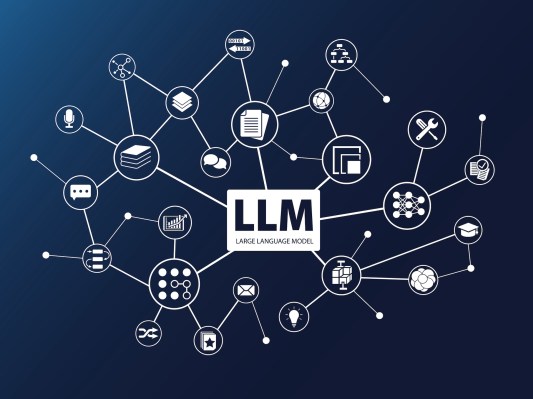German AI startup Aleph Alpha has raised a Series B funding round of $500 million from a consortium of seven new investors, as well as existing investors from previous rounds.
Founded in 2019, Aleph Alpha’s funding may be dwarfed by that of Microsoft-backed OpenAI ($11.3 billion), but the startup makes great play of the fact that its clients have “full sovereignty” over the implementation of AI into their businesses. So although it’s tempting to compare Aleph Alpha with other foundational models like OpenAI, it’s much closer to startups like France’s Mistral ($112 million in funding), which works with large corporates to deploy LLMs internally.
The consortium is led by the Innovation Park Artificial Intelligence (Ipai). The round was co-led by Schwarz Group (the owners of the Lidl supermarket chain) and Bosch Ventures. Other new investors include Berlin-based Christ&Company Consulting, Hewlett Packard Enterprise and SAP, as well as Burda Principal Investments. Existing institutional investors also participated.
Ipai — an AI hub based in the south-west German city of Heilbronn and jointly set up by a foundation established by Dieter Schwarz, the Lidl founder — is funded by the state of Baden-Württemberg and is staking its claim to become Europe’s largest AI cluster.
In July SAP invested in Aleph Alpha alongside two other investments in AI startups Anthropic and Cohere.
Back in 2021 the startup raised $27 million in a Series A funding co-led by Earlybird VC, Lakestar and UVC Partners, following a seed round of €5.3 million from LEA Partners, 468 Capital and Cavalry Ventures in November 2020.
Aleph Alpha, which has about 70 employees, majors on areas such as EU-regulated data protection, security and often works with governmental bodies, law enforcement and healthcare.
In a statement Jonas Andrulis, CEO and founder of Aleph Alpha, said the company “will continue to expand its offerings while maintaining independence and flexibility for customers in infrastructure, cloud compatibility, on-premise support and hybrid setups.”
